Dark spots and acne scars are two common skin concerns that can affect one’s self-esteem, especially if they are in highly visible areas like the face, chest, and back. Dark spots are areas of the skin that appear darker than the surrounding skin due to an overproduction of melanin, while acne scars are permanent marks that develop after the healing of acne breakouts. This article will discuss the causes, types, and treatments for both dark spots and acne scars and explain the difference between these two skin concerns. It will also provide tips on how to prevent dark spots and acne scars from developing.
What are Acne Scars?
Acne scars are a common skin concern that can develop after the healing of acne breakouts. They are usually a result of inflamed lesions, such as papules, pustules, and cysts, that occur when the pore follicles become clogged with excess oil, dead skin cells, and bacteria.
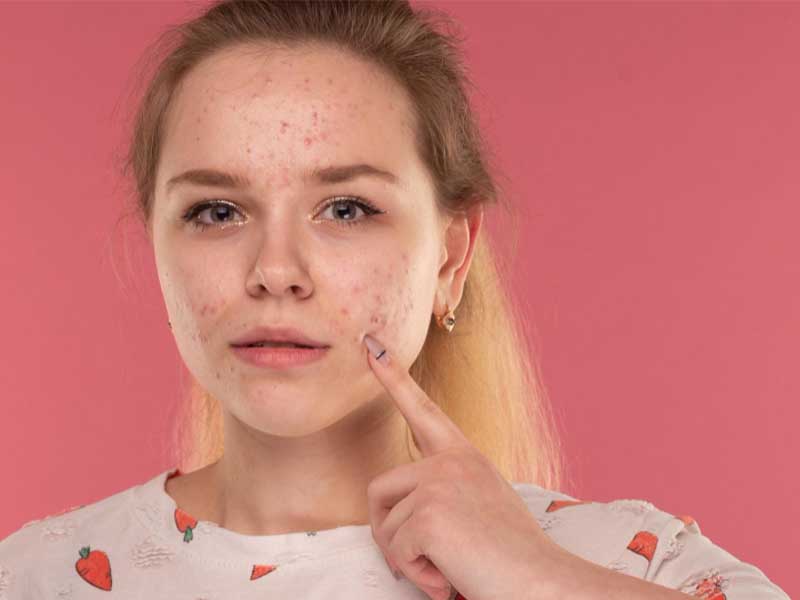
When the acne lesion is inflamed, it can damage the skin tissue, causing the body to produce more collagen to repair the wound. However, when the body produces too much or too little collagen, it can lead to scarring. Acne scars can take different forms, including rolling, boxcar, and ice-pick scars, and they can vary in depth, size, and texture. Discover the proven strategies to combat acne and achieve clear skin.
Acne scars can be emotionally distressing and can affect one’s self-esteem, especially if they are in highly visible areas like the face, chest, and back. Although they can fade over time, acne scars are usually permanent and can be challenging to treat. However, with the right treatment, acne scars can be minimized, and their appearance improved.
Types of Acne Scars
There are several types of acne scars, including:
- Ice Pick Scars: These are deep, narrow scars that look like they have been made by an ice pick.
- Boxcar Scars: These are wider scars that have a flat base and sharply defined edges.
- Rolling Scars: These scars have a wavy, rolling appearance.
- Keloid Scars: These are raised, thick scars that extend beyond the original wound.
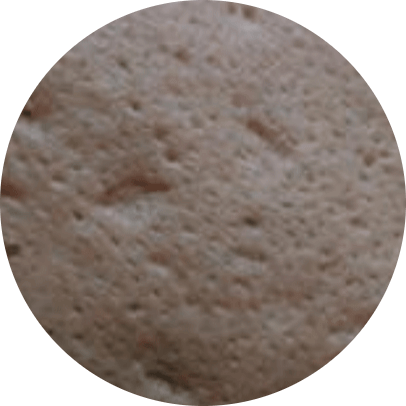
Acne Scar Prevention
Acne scars can be frustrating to deal with, but there are steps you can take to prevent them from forming:
- First, it’s important to take good care of your skin by keeping it clean and avoiding picking or squeezing pimples.
- Additionally, you can use skincare products that contain ingredients like vitamin C, retinoids, and glycolic acid to help promote skin cell turnover and reduce the appearance of scars.
- Protecting your skin from the sun with sunscreen is also crucial, as UV rays can make scars more noticeable.

If you do have acne scars, there are treatments available such as laser therapy, chemical peels, and micro-needling that can help improve their appearance.
How to Treat Acne Scars?
Acne scars can be challenging to treat, but there are several treatments available that can help reduce their appearance. These include:
- Chemical Peels: A chemical solution is applied to the skin, which causes the outer layer of the skin to peel off, revealing smoother, less scarred skin.
- Microdermabrasion: A device is used to remove the outer layer of skin, revealing smoother, less scarred skin.
- Laser Therapy: Laser light is used to remove the top layer of skin, revealing smoother, less scarred skin.
- Dermal Fillers: A substance is injected into the skin to fill in depressions caused by acne scars.
If you’re dealing with persistent acne breakouts or acne scars and struggling to find effective solutions, it’s crucial to consult a dermatologist who specializes in acne dermatology. At RemoteDerm, our experienced dermatologists are well-equipped to diagnose the root causes of acne and provide personalized treatment plans tailored to your skin’s needs.
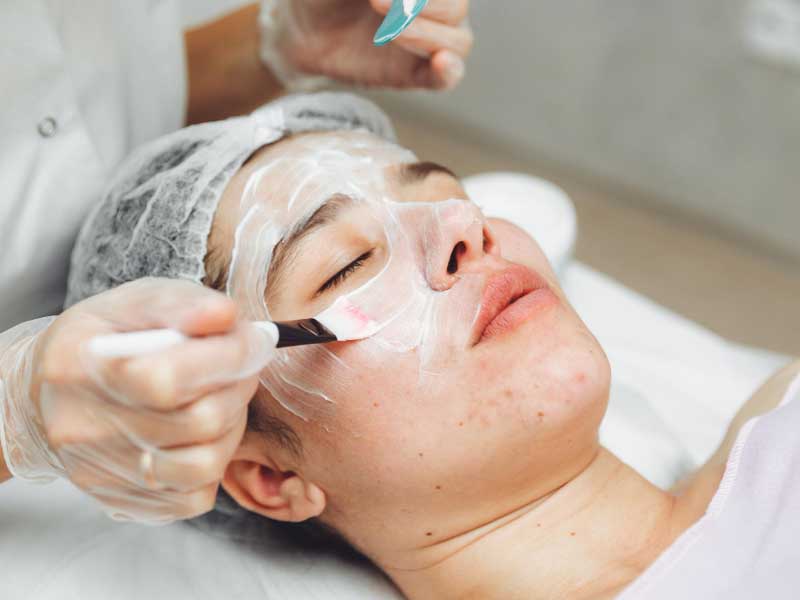
What are Dark Spots?
Dark spots, also known as hyperpigmentation, are areas of the skin that appear darker than the surrounding skin due to an overproduction of melanin. Melanin is the pigment that gives color to our skin, hair, and eyes.
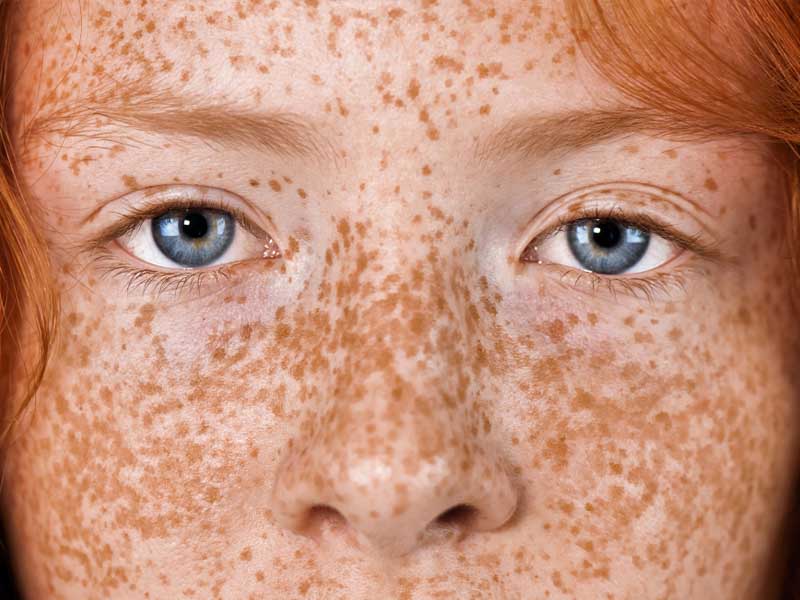
Dark spots can develop due to several reasons, including exposure to the sun’s harmful UV rays, hormonal changes, acne, and aging. When the skin is exposed to UV radiation, the body produces more melanin to protect the skin from further damage. However, when the production of melanin becomes excessive, it can lead to the formation of dark spots.
Hormonal changes, such as those that occur during pregnancy or menopause, can also trigger the production of melanin, leading to the development of dark spots. Additionally, acne breakouts can leave behind dark spots, known as post-inflammatory hyperpigmentation.
Dark spots can be flat or raised, and they can range in color from light brown to black. They are usually harmless, but they can be a cosmetic concern, particularly if they are in visible areas like the face, hands, and neck. Various treatments can help reduce the appearance of dark spots, including topical creams, chemical peels, and laser therapy.
Types of Dark Spots
There are several types of dark spots, including:
- Post-Inflammatory Hyperpigmentation: These are dark spots that develop after an injury to the skin, such as acne or a cut.
- Melasma: This is a condition that causes brown patches to develop on the face, usually during pregnancy or while taking birth control pills.
- Sunspots: These are dark spots that develop due to sun exposure.
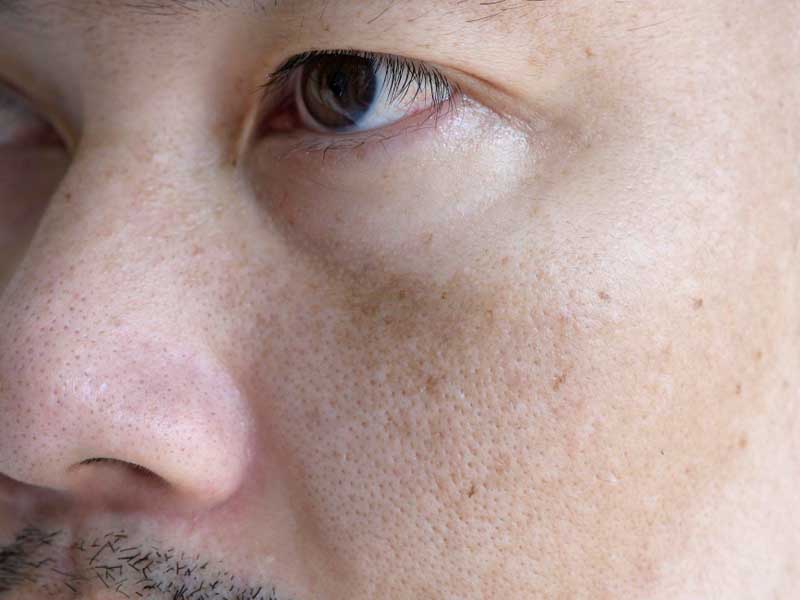
Dark Spot Prevention
Here are some ways to prevent dark spots from appearing:
- Always wear sunscreen with at least SPF 30, even on cloudy days
- Avoid spending too much time in direct sunlight, especially during peak hours (10 AM- 4 PM)
- Use skincare products containing vitamin C, niacinamide, and kojic acid which can help brighten and even out skin tone
- Be gentle with your skin and avoid picking at acne or scabs which can lead to post-inflammatory hyperpigmentation (PIH)
- Consider using a retinoid, which can help reduce the appearance of dark spots and improve skin texture over time.

How to Treat Dark Spots?
Dark spots can be treated using a variety of methods, including:
- Topical Creams: Creams containing hydroquinone, retinoids, or vitamin C can help fade dark spots.
- Chemical Peels: A chemical solution is applied to the skin, which causes the outer layer of the skin to peel off, revealing smoother, less pigmented skin.
- Microdermabrasion: A device is used to remove the outer layer of skin, revealing smoother, less pigmented skin.
- Laser Therapy: Laser light is used to remove the top layer of skin, revealing smoother, less pigmented skin.

Dark Spots vs. Acne Scars
Dark spots and acne scars are two different skin concerns that can be easily confused due to their similar appearance. Dark spots are areas of the skin that appear darker than the surrounding skin due to an overproduction of melanin, while acne scars are permanent marks that develop after the healing of acne breakouts.
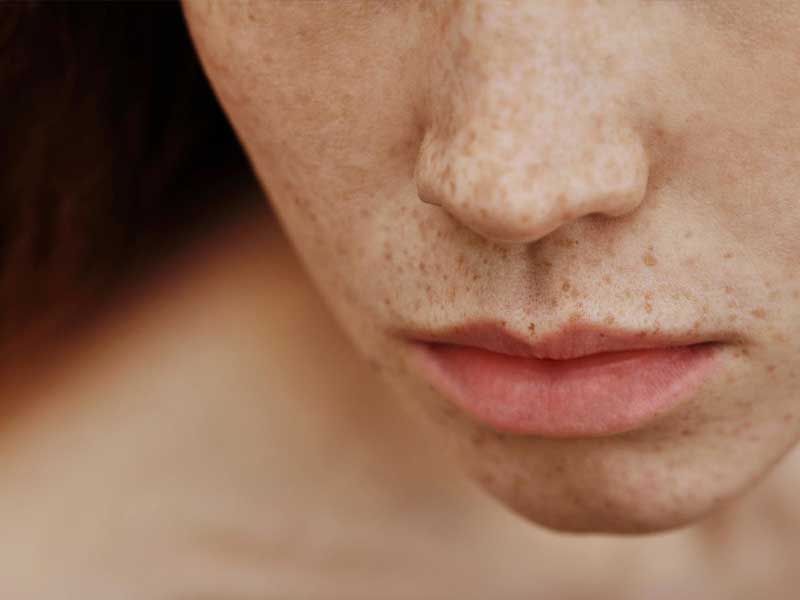
Dark spots are usually flat and are caused by various factors, including sun exposure, hormonal changes, acne, and aging. They can be treated with topical creams, chemical peels, and laser therapy, and they can usually fade over time.
Acne scars, on the other hand, are permanent marks resulting from inflamed lesions, such as papules, pustules, and cysts, that occur when the pore follicles become clogged with excess oil, dead skin cells, and bacteria. Acne scars can take different forms, including rolling, boxcars, and ice-pick scars, and they can vary in depth, size, and texture.

While dark spots can be easily treated and are usually harmless, acne scars can be emotionally distressing and can affect one’s self-esteem. Various treatments can help minimize the appearance of acne scars, including chemical peels, micro-needling, and laser therapy. However, it’s essential to seek professional advice before undergoing any treatment for acne scars or dark spots.
Final Thoughts
In conclusion, dark spots and acne scars are common skin concerns that can be distressing and affect one’s self-esteem, especially if they are in highly visible areas. However, there are several treatments available to reduce their appearance. It is also possible to prevent them from developing by taking good care of the skin and avoiding exposure to the sun’s harmful UV rays.
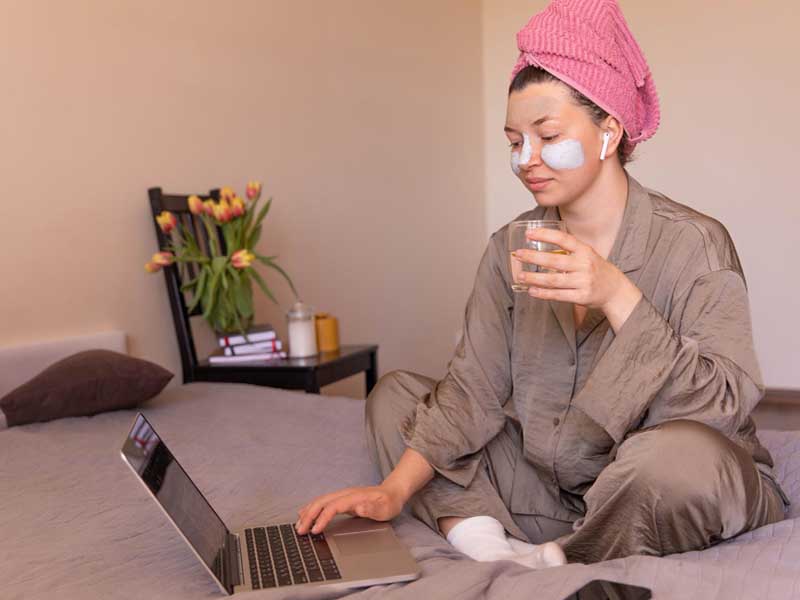
With the advent of technology, patients can benefit from Remotederm Online dermatology consultation in the comfort of their homes, especially if they are living in remote areas. This service allows patients to access medical professionals without the need to travel, saving time and expenses. Overall, taking care of one’s skin is crucial, and early intervention and prevention can help reduce the appearance of dark spots and acne scars and restore one’s confidence.
FAQs
1. Are acne scars permanent?
Acne scars are usually permanent, but they can fade over time and their appearance can be improved with the right treatment.
2. What causes dark spots?
Dark spots are caused by an overproduction of melanin, which can be triggered by factors such as exposure to UV radiation, hormonal changes, and acne breakouts.
3. How do you distinguish between acne scars and dark spots?
Acne scars are permanent marks that develop after the healing of acne breakouts, while dark spots are areas of the skin that appear darker than the surrounding skin due to an overproduction of melanin.
4. What causes the overproduction of melanin that leads to dark spots?
The overproduction of melanin that leads to dark spots can be caused by various factors, including exposure to the sun’s harmful UV rays, hormonal changes, acne, and aging.
5. Can acne scars fade over time?
Yes, acne scars can fade over time, but they are usually permanent and may require treatment to improve their appearance.

2 comments
Thank you for explaining the difference between dark spots and acne scars. Is it possible to have both at the same time on the same area of the face?
Yes, it is possible to have both dark spots and acne scars on the same area of the face. In fact, acne scars can often lead to the development of dark spots.
Comments are closed.